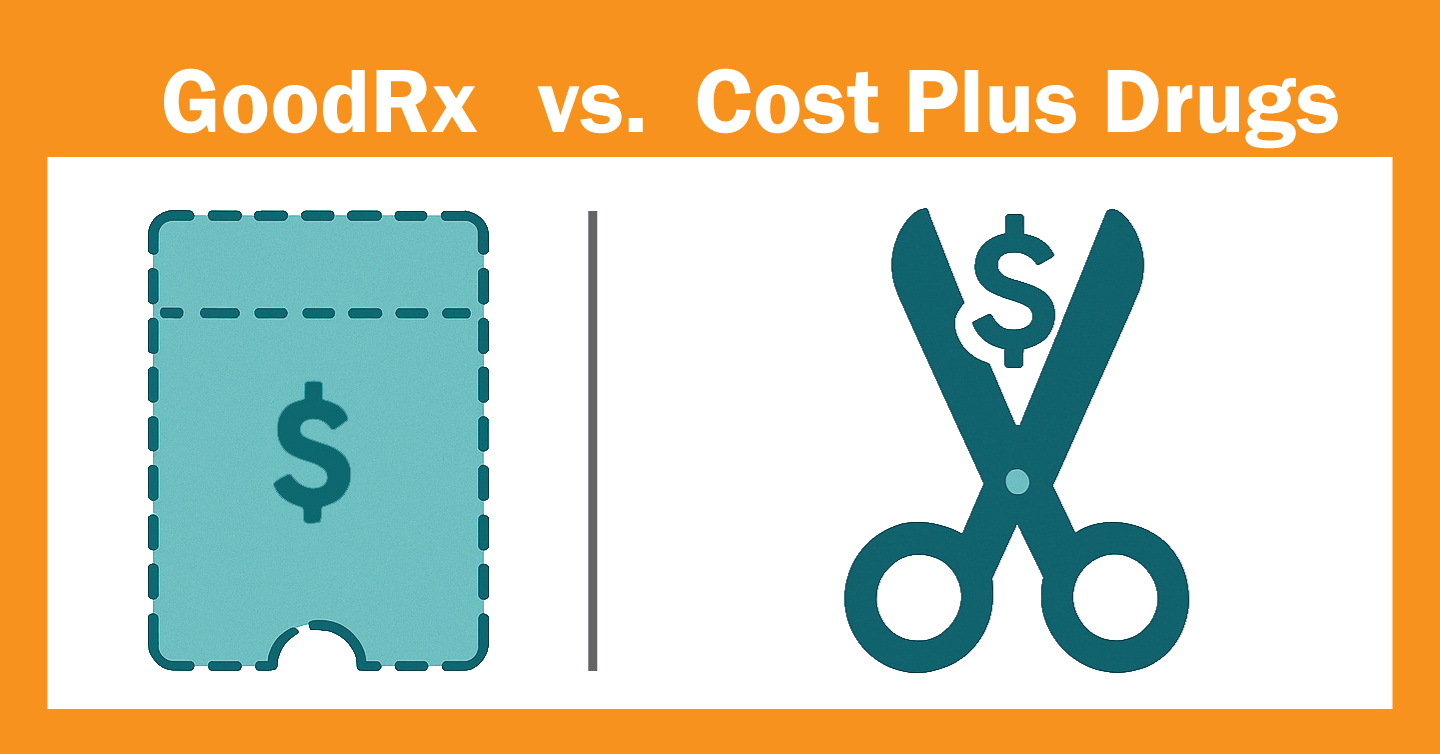Anticholinergic Medication Risks in Older Adults

By Luke Englebert, Doctor of Pharmacy candidate 2025 and pharmacy intern at Network Health
Medically reviewed by Beth Coopman PharmD., pharmacist at Network Health, and Heidi G. BSN, RN, quality care coordinator at Network Health
01/23/2025
Medications with anticholinergic properties can be highly effective for treating various conditions, but they come with significant risks, particularly for older adults. These drugs, which block the neurotransmitter acetylcholine, are commonly used to treat conditions such as overactive bladder, depression and allergies. However, their use in older adults has been associated with cognitive decline, falls and other serious side effects.
Why Are Anticholinergic Medications Risky for Older Adults?
Older adults are particularly vulnerable to the adverse effects of anticholinergic medications due to changes in the body that occur with aging. These include a decrease in liver and kidney function, which affects drug metabolism and excretion, and an increase in the permeability of the blood-brain barrier, which can heighten the effects of these drugs on the central nervous system.
Anticholinergic medications work by inhibiting acetylcholine, a neurotransmitter essential for muscle movement, memory and learning. In older adults, this inhibition can lead to side effects such as dry mouth, blurry vision, constipation, urinary retention, and most concerning, cognitive impairment and an increased risk of dementia. Additionally, these medications can cause dizziness and sedation, significantly raising the risk of falls and fractures.
[More on falls: How Vision and Hearing Can Affect Fall Prevention]
Some medications, such as diphenhydramine (Benadryl) and loperamide (Imodium), are available over-the-counter (OTC), making it essential for patients and caregivers to be aware of their risks.
Older adults are also at increased risk of taking multiple medications simultaneously, a practice known as polypharmacy. This can lead to harmful drug interactions and amplify the side effects of anticholinergic medications.
The use of multiple anticholinergic medications contributes to a cumulative effect known as the anticholinergic burden (ACB). According to the National Institutes of Health (NIH), ACB is linked to adverse outcomes in older adults, including increased risks of mortality, cardiovascular events, falls and cognitive impairment. Caregivers and patients should work closely with healthcare providers to regularly review all medications and minimize unnecessary ones.
Many anticholinergic medications are on the Beers Criteria List. The Beers Criteria, developed by the American Geriatrics Society, is an essential tool for identifying potentially inappropriate medications for older adults, including many with anticholinergic properties. This list highlights drugs that pose a higher risk of adverse effects in the elderly and emphasizes the importance of careful medication selection and monitoring.
Common Anticholinergic Medications
The following is a list of commonly used anticholinergic medications and their indications.
|
Generic Name |
Brand Name |
What is it for? |
How often is it dosed? |
Alternatives |
Common Side effects |
|
Diphenhydramine (OTC) |
Benadryl |
Allergies, Sleep Aid |
Every 4-6 hours |
Cetirizine (Zrytec), fexofenadine (Allegra) |
Drowsiness, dry mouth, confusion |
|
Hydroxyzine (OTC) |
Vistaril, Atarax |
Anxiety, itching |
3-4 times daily |
Cetirizine, Topical Menthol (itching) |
Drowsiness, dry mouth, confusion |
|
Oxybutynin tablet (Rx) Oxybutynin patch (OTC) |
Ditropan, oxytrol |
Overactive bladder |
2-3 times daily |
Avoid drinks like caffeinated coffee, tea, and sodas, which may increase urination. |
Dry mouth, constipation, dizziness |
|
Loperamide (OTC) |
Imodium |
Diarrhea |
2 tablets, then 1 after each loose stool |
Bismuth (Pepto-Bismol) |
Constipation, dizziness |
|
Doxylamine (OTC) |
Unisom |
Sleep Aid, nausea |
Once at bedtime |
Lifestyle (insomnia), Ginger (nausea) |
Drowsiness, dry mouth, confusion |
|
Amitriptyline (RX) |
Elavil |
Depression, Nerve pain |
Once daily |
Ashwagandha, Consult with a doctor or pharmacist |
Drowsiness, weight gain, dry mouth |
|
Scopolamine (Rx) |
Transderm Scop |
Motion sickness |
Every 3 days |
Consult with a doctor or pharmacist |
Dry mouth, drowsiness, blurry vision |
How to Manage the Risks
To reduce the risks associated with anticholinergic medications in older adults, you can take the following steps.
-
Medication Review: Regularly review all medications with a healthcare provider, including OTC medications, especially if the patient is experiencing new symptoms like confusion, falls or excessive drowsiness.
-
Dose Adjustment: Use the lowest effective dose for the shortest duration necessary.
-
Alternative Treatments: Consider non-anticholinergic alternatives when possible. For example, second-generation antihistamines like cetirizine (Zyrtec) or fexofenadine (Allegra) may be less sedating and safer for older adults.
-
Deprescribing: In coordination with your doctor, consider gradually tapering and discontinuing anticholinergic medications when appropriate, particularly if they are no longer necessary.
-
Staying active: Lifestyle changes, including diet and decreased activity level can contribute to anticholinergic medications staying in your system longer. Staying active can increase your metabolism, improve balance/strength and help clear the medication out of your system.
Practical Advice for Patients and Caregivers
-
Stay Informed: Learn about the medications being taken and discuss any concerns with a pharmacist or healthcare provider.
-
Monitor for Side Effects: Watch for changes in memory, alertness or balance and report them promptly.
-
Ask About Alternatives: Always inquire whether there are safer options available for treating the same condition. Some conditions, like insomnia and overactive bladder, can be treated with lifestyle modifications rather than medications.
Lifestyle Modifications
Some lifestyle modifications for managing insomnia are establishing a regular sleep schedule, limiting screen time before bed, and practicing relaxation techniques like meditation or yoga can be effective. For overactive bladder, practicing pelvic floor exercises (such as Kegel exercises) can strengthen bladder muscles, limiting fluids before bedtime to reduce nighttime urination, and avoiding bladder irritants like caffeine and alcohol. Additional resources for bladder incontinence and ways to treat it include the following.
The Bottom Line
While anticholinergic medications can provide relief for many conditions, their risks should not be underestimated, especially for older adults. Regular communication with healthcare providers, awareness of the potential side effects, and exploring alternative treatments can significantly reduce these risks and improve overall health outcomes.
If you’re a Network Health member and would like more information on how your Wisconsin health plan can help you with managing anticholinergic medications or other medical conditions, contact us today.
Additional Resources
Aging and Disability Resource Stepping On Class
Aging and Disability Resource Centers (ADRCs) | Wisconsin Department of Health Services
Wisconsin Institute for Healthy Aging
2023 Beers Criteria List



